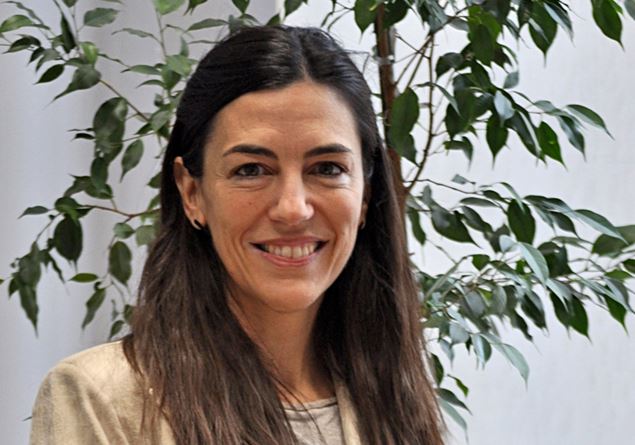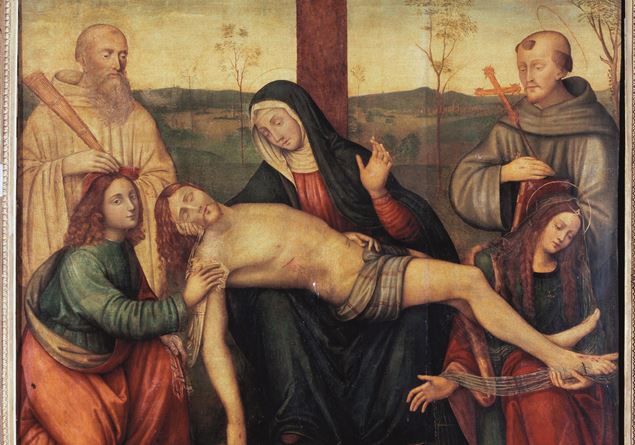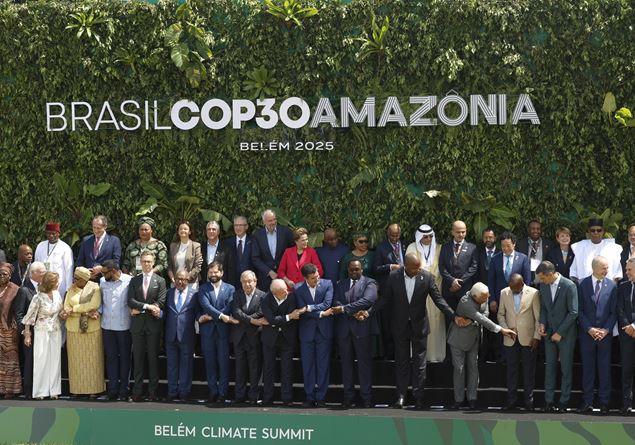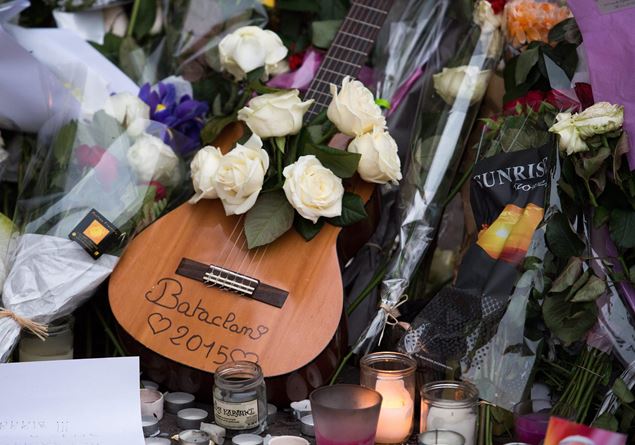Erica Tossani has been the new director of Caritas Ambrosiana since last September. We meet her a few days before the Jubilee of the Poor, which is celebrated in Rome on November 16, and she welcomes us with a somewhat unsettling reflection: «In the Church», she points out, «we are quite good at supporting the poor. And we have also overcome the logic of assistance, activating paths of autonomy and reconstruction of the dignity of those in need. But there is one thing we still can’t do. And it means entering into a relationship of reciprocity: we have something to learn from the poor. Because those who look at the world from the periphery (and poverty is an existential periphery) teach us to have an authentically evangelical vision of reality.”
Pope Francis also said it: “The poor of every condition and every latitude evangelize us.”
Talking about poverty in an office in the center of Milan seems a little out of place: how is it possible that there are poor people in the richest and most international city in Italy? «Ours is a territory of great contradictions», replies Tossani. «It’s true, there is wealth and excellence, there are also many good resources of solidarity. But there is no shortage of poverty.
Our listening centers mainly receive requests for material goods: food and money to pay bills and for treatment. The latest data reveal poverty that is becoming chronic. It is worrying because it means that public policies to combat poverty are not working.”
Precisely for this reason, the director clarifies, the task of Caritas is to help those in difficulty, responding to their emergency needs, but it is above all to bring out those needs, so that the whole Church becomes aware of them and the institutions can take charge of them. (…)
Continue reading the article by purchasing this week’s issue of Credere, on newsstands and in religious bookshops from Thursday 13 November and in parishes from Saturday 15 November. Or buy your digital copy for 0.99 euros on www.edicolasanpaolo.it










